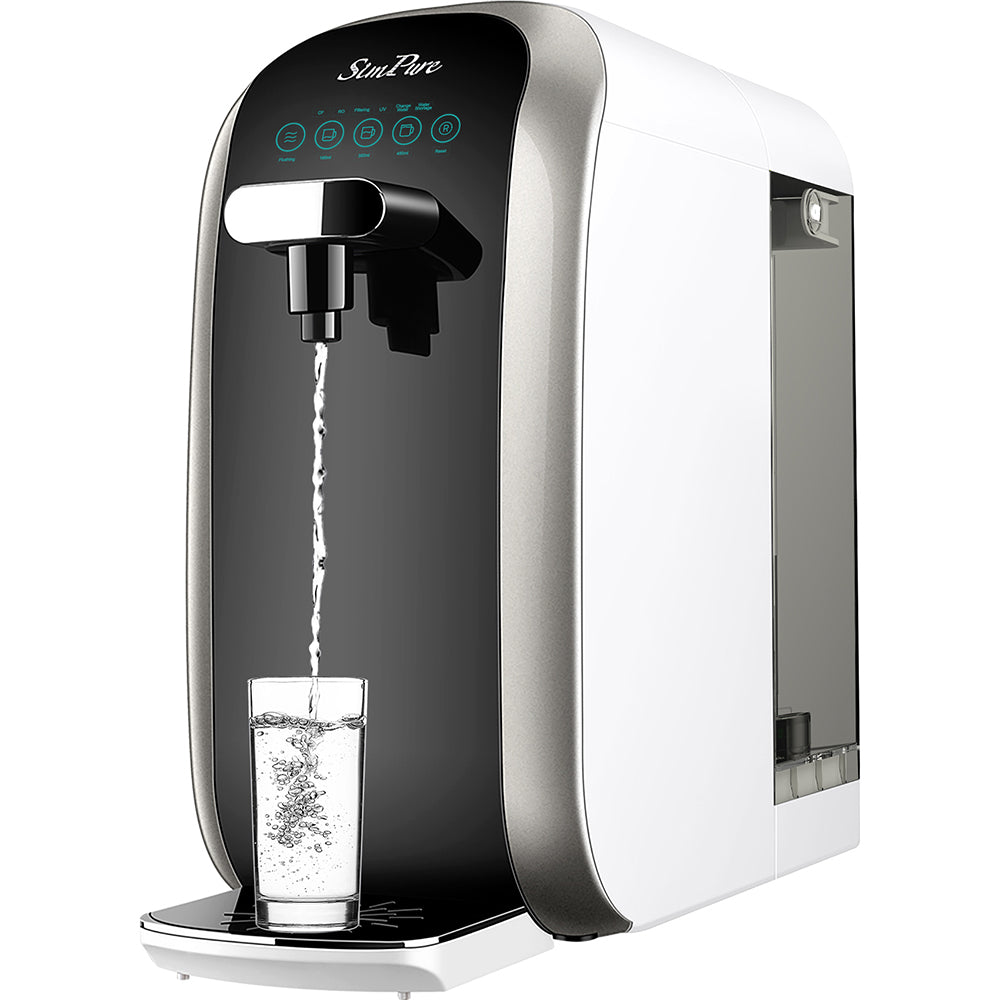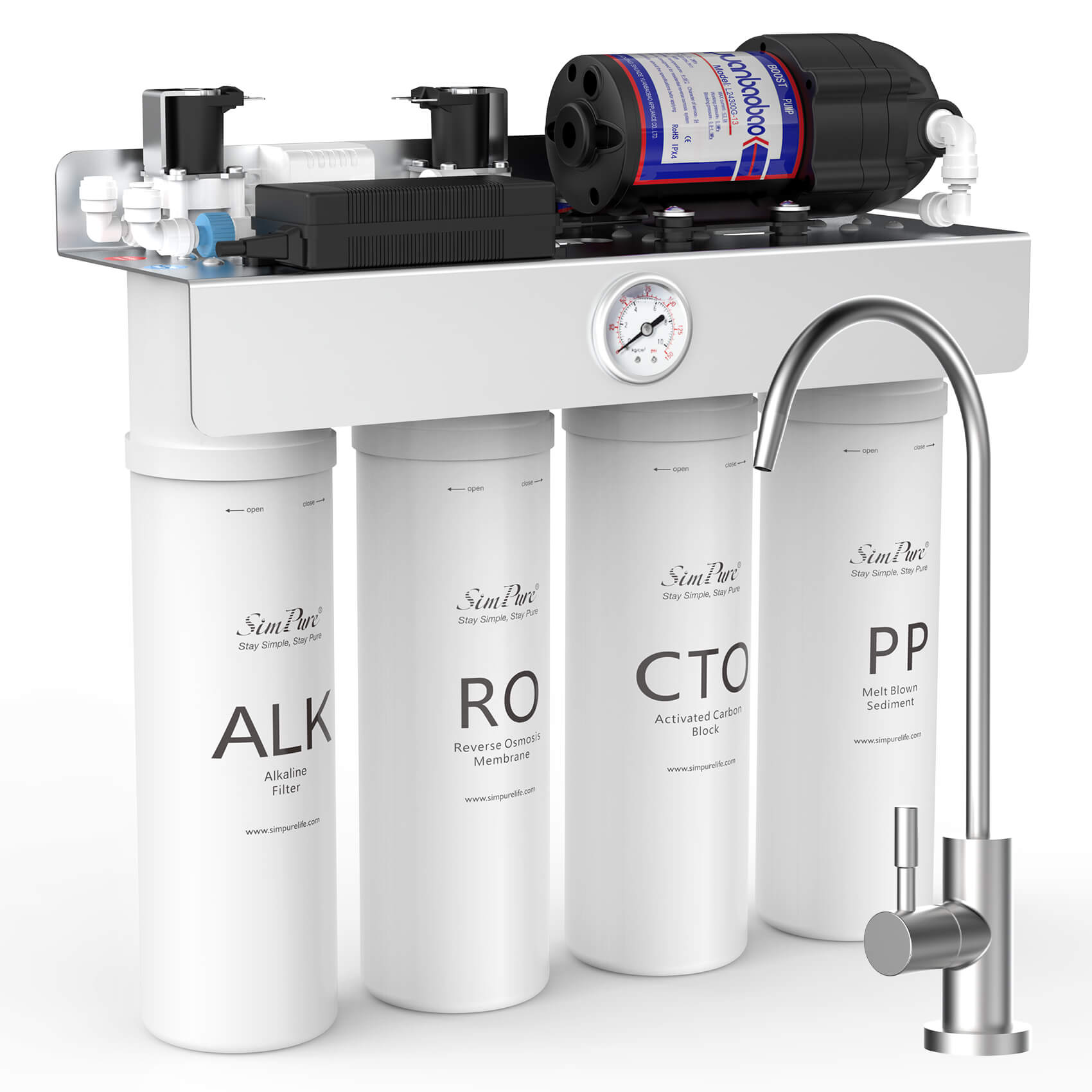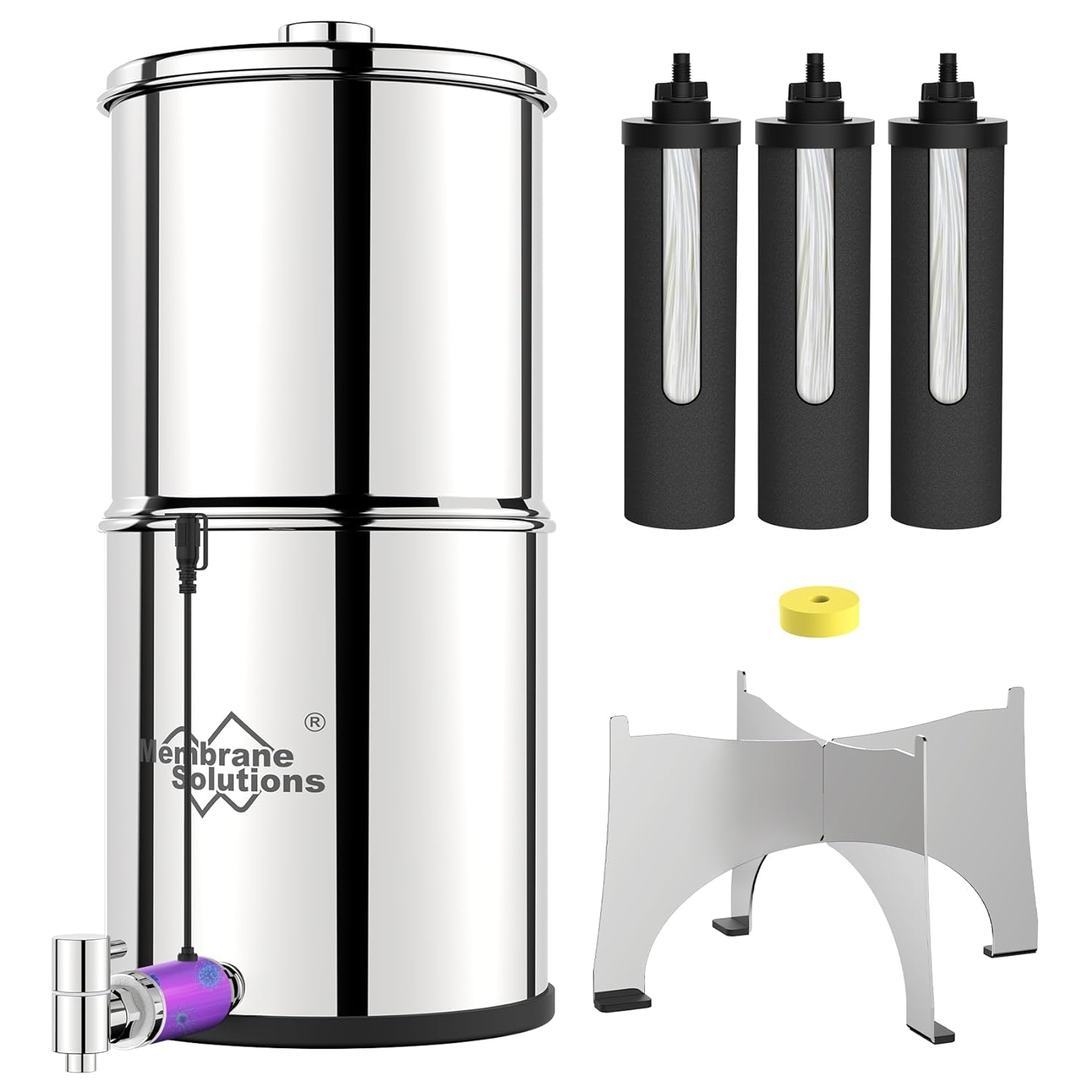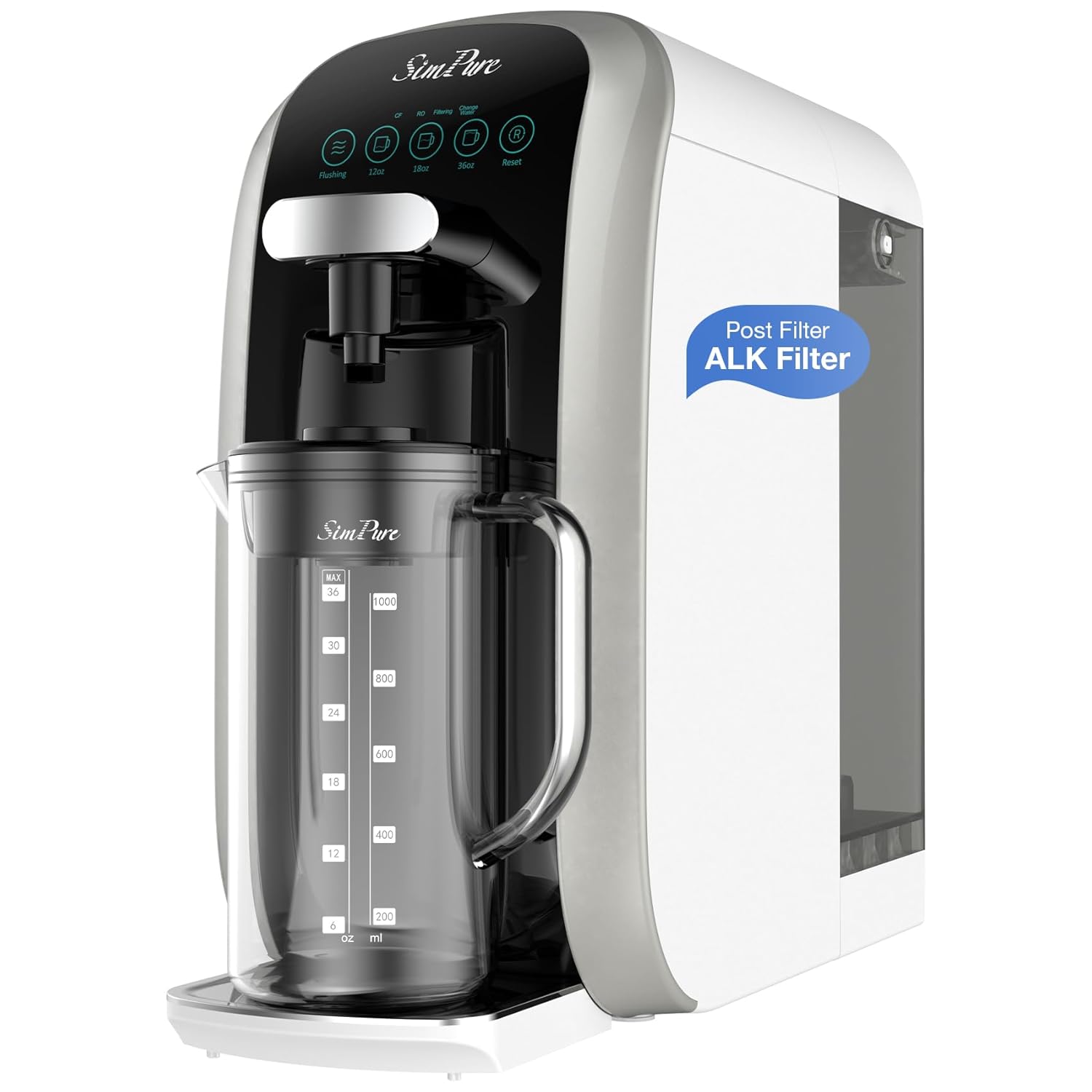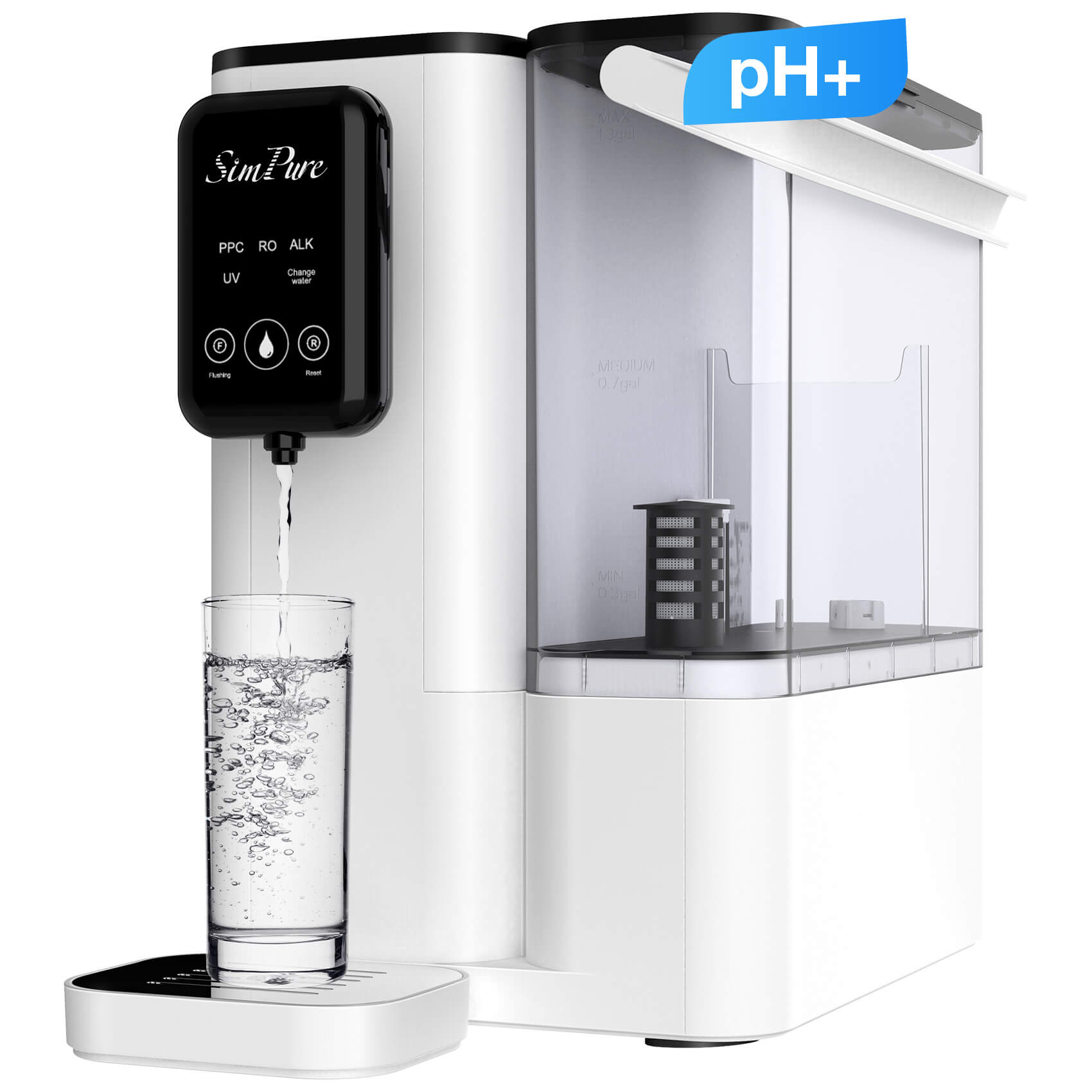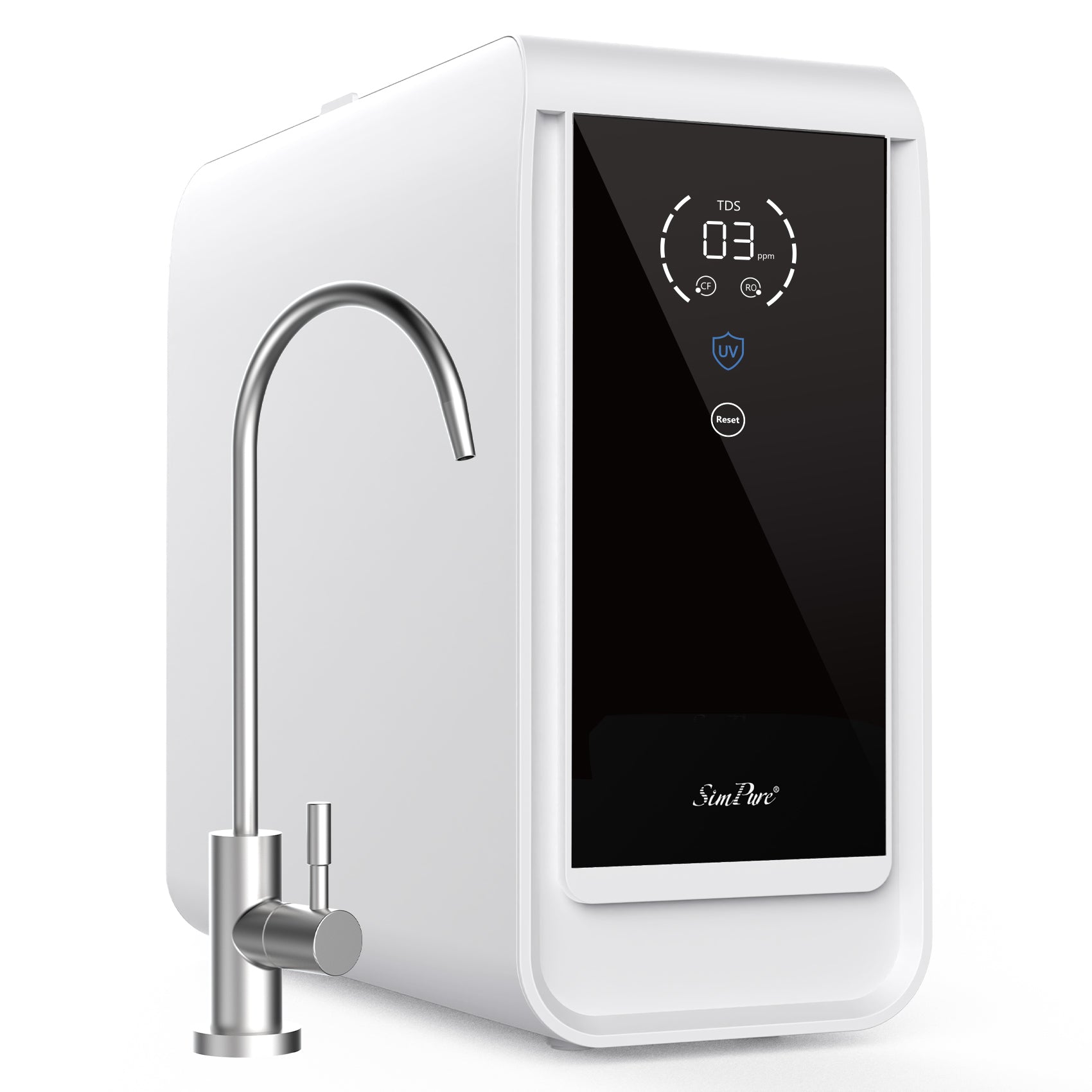In the United States, where city water is commonplace and its source is widely known, the origins of well water remain a mystery for many. While city water is meticulously treated and distributed, well water, a prevalent alternative, is sourced differently. In this blog, we will explore this natural reservoir of the specific explanation of where well water comes from. Let us keep reading!
The Basics of Well Water

Well water, a fundamental natural resource, is sourced from underground aquifers and reservoirs through the construction of wells. Essentially, a well is a man-made structure designed to access groundwater, which is water located beneath the Earth's surface. The process involves drilling or digging into the ground until it reaches a saturated layer, where water is naturally stored. Unlike surface water from rivers or lakes, well water is drawn from the depths of the Earth, offering a more protected and often purer source. The distinction between well water and other water sources lies in its subsurface origin. You can read more in this blog: 5 Different Types of Water.
Does Well Water Come From Streams?
No, well water typically doesn't come directly from streams. Instead, it originates from underground aquifers and reservoirs. These subterranean water sources are replenished by precipitation, allowing wells to tap into the stored groundwater. While surface water from streams can contribute to groundwater recharge indirectly, the primary source of well water is the saturated layers beneath the Earth's surface. Therefore, well water is distinct from and not directly drawn from streams.
Primary Source of Well Water: Groundwater
As we explained, the primary source of well water is groundwater, a vast reservoir of water that lies beneath the Earth's surface. So how does it form? Groundwater is found in permeable rock formations called aquifers, where the spaces between particles or within fractures hold water. When rainwater or melted snow infiltrates the ground, it percolates through these underground layers, gradually filling the aquifers. Wells are strategically drilled or dug to access these saturated zones, allowing for the extraction of groundwater.
Where Does Water From a Private Well Come From?
Water from a private well is sourced from the groundwater reservoirs beneath private property. These wells tap into localized aquifers, allowing homeowners to access a private and self-sustained water supply. Unlike public water systems, private wells cater exclusively to individual households, providing autonomy over water usage and quality. Private well water originates from precipitation that infiltrates the ground and replenishes the aquifer. This decentralized water source ensures a dedicated and often pristine supply for those who rely on private wells, emphasizing self-sufficiency in water provision for residential needs.
Do Wells Run Out of Water?
Wells can run out of water temporarily or permanently, contingent on factors such as aquifer depletion, prolonged drought, or excessive withdrawal rates. Over-extraction without adequate recharge can lead to a drop in water levels, causing wells to run dry. Sustainable well management, regular monitoring, and prudent water usage mitigate this risk. Aquifer recharge, often facilitated by precipitation, helps replenish groundwater. Sustainable practices, including implementing water-conserving technologies and periodic well maintenance, are vital for preventing wells from running dry. Consequently, responsible well stewardship ensures a reliable and enduring water supply while preserving the long-term viability of this essential resource.
Environmental Factors Affecting Well Water Quality

1. Industrial Contaminants Impact Well Water
The infiltration of industrial pollutants into groundwater poses a significant threat to well water quality. Harmful chemicals, heavy metals, and various contaminants from industrial activities can seep into the ground, compromising the integrity of well water and potentially endangering human health.
2. Agricultural Runoff Alters Well Quality
Agricultural practices contribute to well water pollution through the runoff of pesticides, fertilizers, and nitrate contamination. These substances, when washed into the ground, can infiltrate aquifers, affecting the quality of well water and creating potential health hazards for those who rely on it.
3. Natural Geologic Conditions Influence Well Water
The geologic composition of the land plays a crucial role in determining well water quality. Minerals present in the bedrock, variations in groundwater flow, and pH levels influenced by natural conditions can impact the taste, odor, and overall quality of well water.
4. Human Activities Pose Threats to Well Water
Human-related factors such as the proximity of septic systems, land development, and landfills can pose serious threats to well water quality. Contamination risks increase when these activities compromise the natural filtration and protection mechanisms that safeguard groundwater quality.
5. Microbial Contamination Risks Well Water
Microbial contamination, including bacteria, viruses, and parasites, can infiltrate well water, posing health risks to consumers. The introduction of pathogens into the groundwater through various means, such as poor sanitation practices or inadequate well construction, underscores the importance of regular testing and maintenance to ensure the microbial safety of well water.
More Blogs about Well Water You May Like
2. Does Well Water Need to Be Filtered?
3. Is Well Water Safe to Drink?
In conclusion, the origins of well water lie in the natural reservoirs of groundwater, tapping into the Earth's hidden aquifers. Specifically, private wells provide an individualized and often pristine water source. In addition, safeguarding the quality of well water is imperative. We recommend you proactively monitor and address potential contaminants. To ensure the safety of your well water, consider installing a whole-house water filter.
Grab Special Offers

